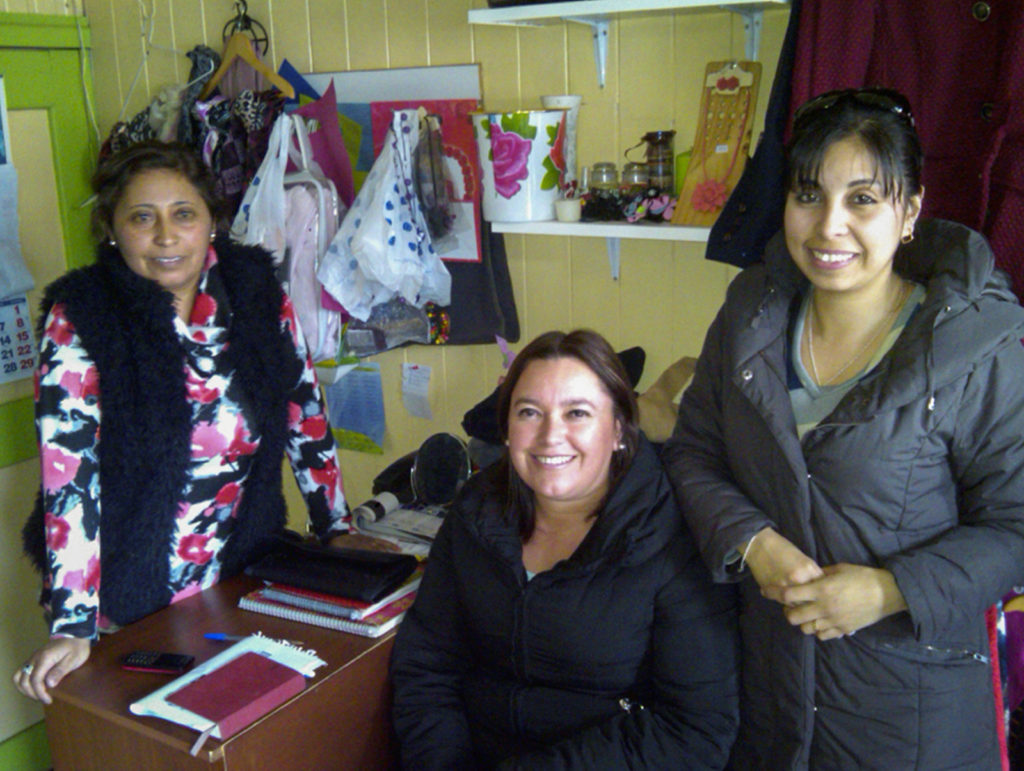SKI Charities founder Shyam has been asked why it is that the charity focuses exclusively on women. When he visits town halls and communities to tell them about SKIC, plenty of men attend. Some of them jokingly (and others more aggressively) ask him, “Why are we not included? Why do you just focus on women? Is this reverse sexism or reverse discrimination?”
Shyam reasons that it is an effort to level the playing field. He tells these men, “We’ve had our opportunity and continue to receive so many chances. You see what our women do, what our mothers, sisters, and daughters do for us. They add to the community. They will add even more to your own life!”
Though SKIC would ultimately love to reach out to beneficiaries regardless of gender, some of the choice to work exclusively with females comes from having to carefully manage its resources. “We want to optimise our reach, in as many socially constructive areas as possible,” Shyam says.
“By no means am I saying that boys don’t deserve the same scholarships or men the same capital. But the communities we work in are very traditional, impoverished communities. Our observation has been that more men control the household finances and more boys than girls are given the opportunity to get an education and are encouraged to strive for something more. So when we think about our broader goal, it’s not about favoring females or choosing sides through microfinance or scholarships, but simply leveling the playing field.”
Shyam also points out that microfinance, in its most successful incarnation, was directed at females. Muhammad Yunus, the Nobel Prize Winner from Bangladesh, pioneered microfinance on a large scale and chose to focus on women. “He did this for a reason,” Shyam says.
“When you empower women, you truly support the entire community, not just an individual. When a woman is empowered and starts to earn wealth, what will she do? She will grow her business, which will then hire more people, which will in turn support more suppliers. When she makes money, she will put her kids back in school, which of course increases the overall education of a community. And she will start to tithe more consistently to her church, which will further strengthen the community. As she becomes more prominent to society, she becomes respected as a leader and a role model for younger people. It’s all textbook spillover effects. The point I’m trying to make is, if you want finance go further, there are studies and initiatives and our own experience demonstrating that the best way is through women.”
Though the men in Lebu and Mutare are an important part of SKIC – “their support for their wives and daughters is integral to our efforts,” Shyam notes – the goal of the charity is to use the resources available to reach as many people as possible. As women gain more strength in these communities, it becomes more and more clear, through simple observation, that they put their energy and their earnings back into their communities and their families. So while on the surface our mission is directed at individual women, communities at large are the true beneficiaries.


